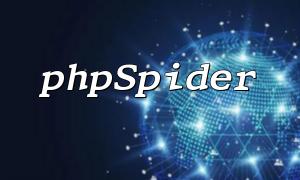In web development, PHP initialization tips and best practices are the foundation for ensuring code efficiency and security. A correct initialization process not only improves application performance but also enhances security and reduces potential vulnerabilities. Therefore, understanding how to properly initialize a PHP program is a skill every developer should master.
To optimize the performance of PHP applications, developers can adopt the following initialization tips:
During the development phase, enabling error reporting helps quickly detect and fix issues. You can add the following code at the beginning of your code:
ini_set('display_errors', 1);
ini_set('display_startup_errors', 1);
error_reporting(E_ALL);
When initializing PHP files, make sure to use UTF-8 encoding to avoid character encoding issues. Add the following code at the top of your file to specify the charset:
header('Content-Type: text/html; charset=utf-8');
Defining constants and configuration parameters at the beginning of the program can improve code readability and centralized management. For example:
define('DB_HOST', 'localhost');
define('DB_USER', 'root');
define('DB_PASS', 'password');
In addition to initialization tips, following best practices is also an important aspect of improving PHP application quality. Here are some suggestions:
Avoid using global variables whenever possible. Use function parameters or return values to pass data, which helps improve code maintainability.
In larger projects, using namespaces can avoid class and function name conflicts. For example:
namespace MyApp\Models;
class User {
// User class implementation
}
Using an autoload mechanism simplifies class inclusion and greatly enhances code maintainability and readability. Here’s an example:
spl_autoload_register(function ($class) {
include 'classes/' . $class . '.php';
});
By mastering PHP initialization tips and best practices, developers can improve code performance and security while reducing development and maintenance costs. Proper initialization and best practices are crucial for the success of any project. Therefore, it is recommended that all developers carefully consider these tips and practices when starting a new project.









